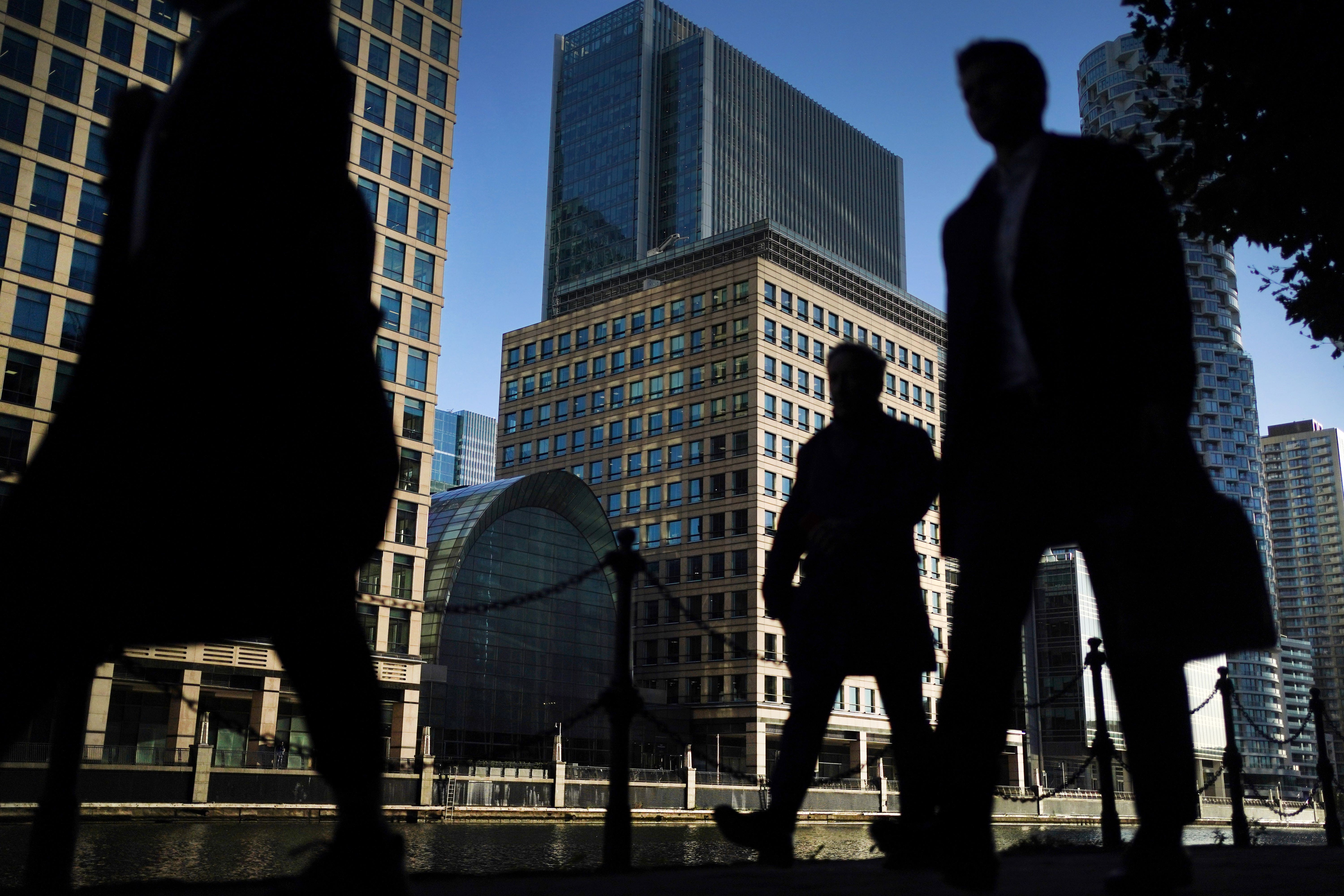Big increase in over 65-year-olds in work, study suggests
Working beyond state pension age is becoming increasingly common, a report has found.

Your support helps us to tell the story
From reproductive rights to climate change to Big Tech, The Independent is on the ground when the story is developing. Whether it's investigating the financials of Elon Musk's pro-Trump PAC or producing our latest documentary, 'The A Word', which shines a light on the American women fighting for reproductive rights, we know how important it is to parse out the facts from the messaging.
At such a critical moment in US history, we need reporters on the ground. Your donation allows us to keep sending journalists to speak to both sides of the story.
The Independent is trusted by Americans across the entire political spectrum. And unlike many other quality news outlets, we choose not to lock Americans out of our reporting and analysis with paywalls. We believe quality journalism should be available to everyone, paid for by those who can afford it.
Your support makes all the difference.The number of over 65-year-olds in work has increased massively in recent years, as staying in a job beyond state pension age is becoming increasingly common, new research suggests.
More than one in nine of the age group are now working past their 65th birthday, compared to one in 20 working in 2000, according to an analysis of official figures by the Centre for Ageing Better.
Workers aged 65 and over are mainly self-employed and working part-time, but there is a growing number continuing in full-time employment up to and beyond the state pension age.
Moving the goalposts on planned retirement dates may have compelled some to continue working into their late 60s to help their financial situation
There were 457,000 workers aged 65 and above in the year 2000, rising to 1.43 million workers now, the study showed.
Dr Karen Hancock, research and policy officer at the Centre for Ageing Better, said: “These figures show once again the ever-growing importance of older workers to the economy in filling labour and skills shortages.
“Around half of the substantial growth in numbers of 65+ workers since 2000 is down to demographics and the growth in the older population.
“The raising of the state pension age for men and women has also been a factor in increasing employment rates. Moving the goalposts on planned retirement dates may have compelled some to continue working into their late 60s to help their financial situation.
“But the increase also includes a growth in older workers who feel well enough to continue working and who want to continue reaping the financial and wellbeing benefits of remaining in work.”
Almost 80,000 workers in the older age group were employed on zero-hours contracts this year, the report said, adding: “Working past state pension age is becoming increasingly common, but it should be a choice.”